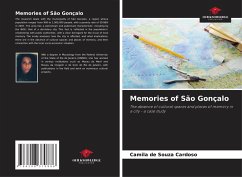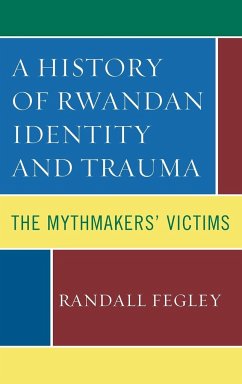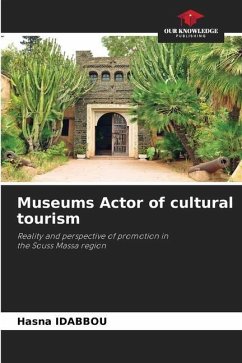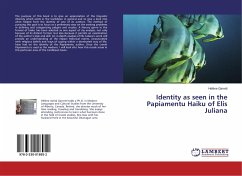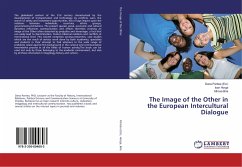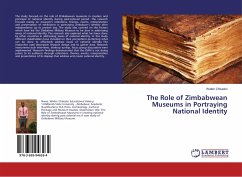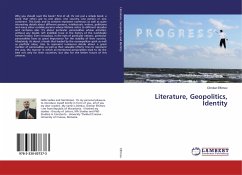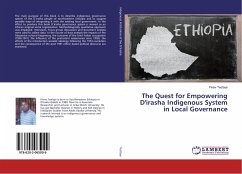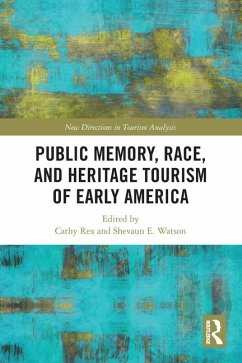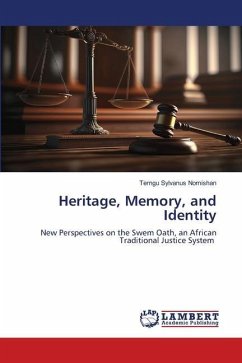
Heritage, Memory, and Identity
New Perspectives on the Swem Oath, an African Traditional Justice System
Versandkostenfrei!
Versandfertig in 6-10 Tagen
40,99 €
inkl. MwSt.

PAYBACK Punkte
20 °P sammeln!
The title of this book "Heritage, Memory, and Identity: New Perspectives on the Swem Oath, an African Traditional Justice System" is a true reflection of the complexity associated with the Swem cultural tradition of the Tiv people. It stands as a symbol of identity, qualified as the heritage of the Tiv and preserved in the memories of all the Tiv sons and daughters. In this book, the emphasis is on the role of the Swem as an African Traditional Justice System on Tiv's cultural development. This tradition promotes an emphasis on rethinking the enduring effect of the injustice meted out on Karag...
The title of this book "Heritage, Memory, and Identity: New Perspectives on the Swem Oath, an African Traditional Justice System" is a true reflection of the complexity associated with the Swem cultural tradition of the Tiv people. It stands as a symbol of identity, qualified as the heritage of the Tiv and preserved in the memories of all the Tiv sons and daughters. In this book, the emphasis is on the role of the Swem as an African Traditional Justice System on Tiv's cultural development. This tradition promotes an emphasis on rethinking the enduring effect of the injustice meted out on Karagbe by his kinsmen from Nôngov extraction. Underscoring its status as the pivotal moment in the formation of a Traditional Justice System among the Tiv people. However, following European contact with the Tiv, especially the advent of Christian missionaries in Tivland, there was a serious attack on the methods, principles and applications of the Swem Oath. This made many Tiv people to begin disassociating with the Swem Oath practice. Allegiance to the authority of the traditional oath was also reduced drastically to this day. This has thus, explained the importance of this book to researchers.



